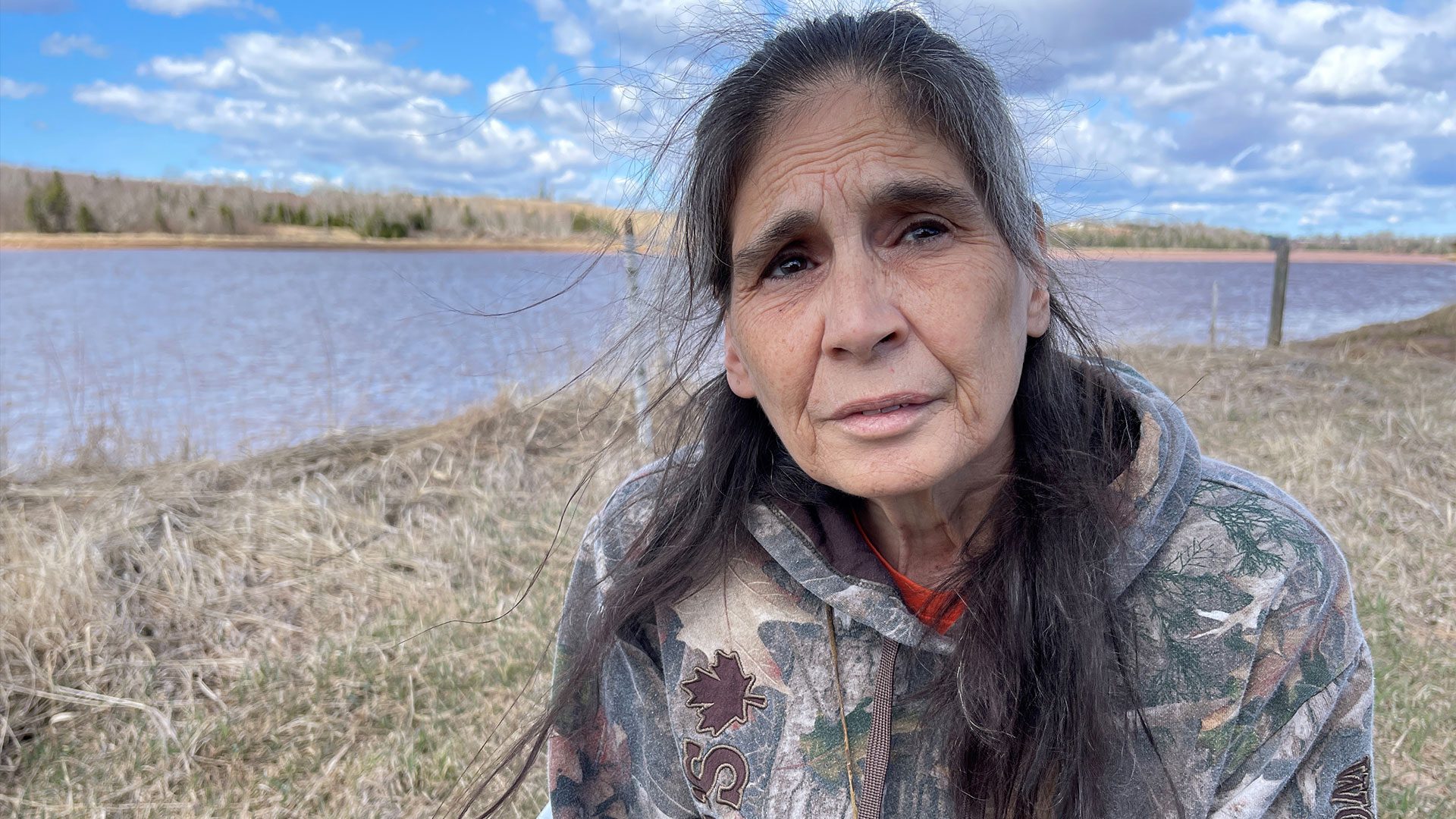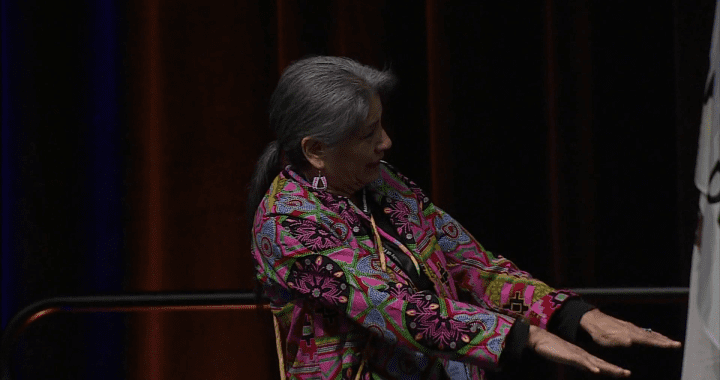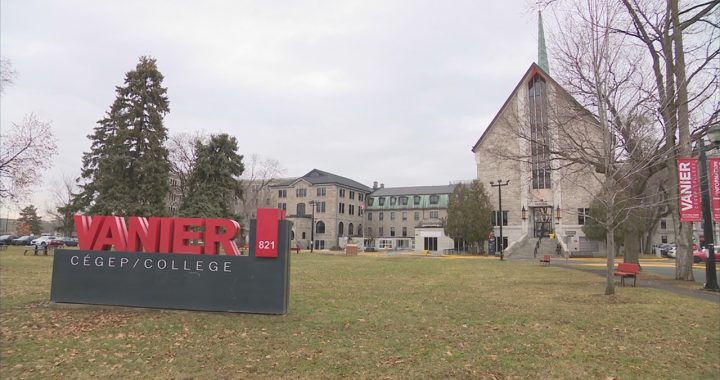Some survivors of the ‘60s Scoop say they’re frustrated by the lack of response they’re getting from the organization set up to help them heal.
“I’ve been waiting to hear from the Sixties Scoop (Healing Foundation) to tell me what they have planned,” says survivor Darlene Gilbert of Annapolis Valley First Nation in Nova Scotia.
“I’ve heard nothing.”
The Sixties Scoop Healing Foundation was created with $50 million from the $875-million national class-action settlement that compensated Inuit and First Nations survivors for the loss of their cultural identities.
As children, they were taken from their homes between the 1950s and 1990s to be placed with non-Indigenous foster and adoptive families across Canada and around the world. Métis and non-status Indigenous peoples were excluded from the settlement agreement.
According to the Class Action Scoop Settlement Agreement website, 20,167 people have been approved to receive $25,000 in compensation including Gilbert.
The foundation says on its website its mission is to “accompany Survivors and their descendants along their healing journey by supporting cultural reclamation and reunification, holistic wellness services, advocacy, commemoration, and education initiatives.”

Gilbert, who was removed from her family when she was 10 years old, was placed in a number of temporary spaces and group homes in Nova Scotia.
She says she contacted the foundation using the phone number listed on its website to access therapy to deal with the traumatic effects of losing her culture and language.
“There’s supposed to be healing money,” she said in an interview. “We need therapy, our families need therapy, our children, our grandchildren may.
“I haven’t heard a word, not a word; so that was just like I felt brushed under the carpet like we all do.”
Katherine Legrange, a ‘60s Scoop survivor and director of the national non-profit support group 60s Scoop Legacy of Canada, feels the foundation isn’t working so far.
“I’d say that the communication with survivors has been really poor to date, it’s really unclear about how the healing foundation intends to directly help survivors,” she says from Winnipeg.
“I feel like they are really struggling to connect with survivors and share what their plans are; even if there are no plans, share that.”
Call for a national inquiry
Legrange has called for a national inquiry to examine the ‘60s Scoop and “make that connection with residential schools, with MMIWG (missing and murdered Indigenous women and girls), with the justice system, because we know that lots of us ended up in these kinds of unfortunate situations.”
The National Centre for Truth and Reconciliation, a research and archive centre established after the Indian Residential Schools Settlement Agreement, “is in full support of the 60’s Scoop Legacy of Canada and their call for the federal government to commission a national inquiry into Indigenous child removal.
“The Residential School system came first, followed by the Scoop,” the centre says.
“Finding this truth means hearing from those affected directly – nationally and internationally – to hear from all the children, the families and the individuals that ran those systems to fully understand the colonial historical record of the Scoop and what really happened.”
APTN News tried reaching the foundation using the phone number and email on its website and didn’t receive a response.
APTN also requested an interview with the foundation’s inaugural CEO, Dr. Jacqueline Maurice of Saskatchewan.
Maurice, a Métis-Indigenous Scoop survivor with a Ph.D. in social work and a medical degree, was appointed in September 2021.
Her vision for the foundation, described in a statement following her appointment, includes the concept of one survivor helping another survivor on the path to healing.
“In this new role, [Maurice] will be responsible for the development and implementation of programs and services to support survivors and will play an integral part in the development of grants, services and supports to survivors,” the statement added.
A few months later, the foundation distributed its first round of grants – valued at just over $1 million – to eight community groups.
“This year’s pilot program begins the foundation’s legacy of investment into healing and serving Sixties Scoop survivors across the nation,” Maurice said at the time.
“The initial grant process will inform the design of future funding streams that will deliver valuable services to those who need them most.”
But Gilbert is still in the dark about what’s available to her and whether it’s in Nova Scotia.
She feels a national inquiry would help.
“We should be able to tell the government how they tried to colonize us, break us, take our language, keep us away from our communities,” she says.
“This is important for this generation – the ‘60s Scoop – to be able to say, ‘Hey, we need this healing in order to break what has come behind us and [so] it doesn’t come [back] in the future.”
With files from Kathleen Martens










